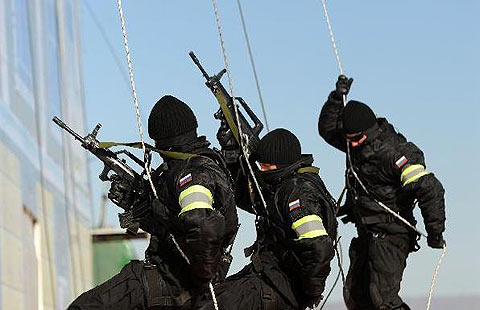EU says Ukraine gas talks to be continued next week
Updated: 2014-10-22 11:25
(Xinhua)
|
||||||||
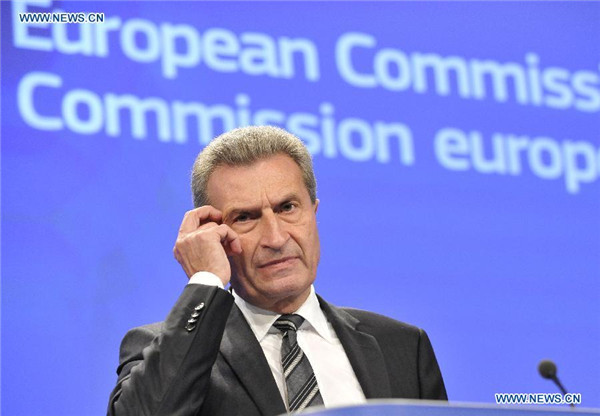 |
|
EU Commission Vice-President Guenther Oettinger gestures during a press conference after a trilateral gas meeting between EU, Russia and Ukraine in Brussels, Belgium, Oct 21, 2014. [Photo/Xinhua] |
BRUSSELS - European Commission Vice-President Gunther Oettinger in Brussels on Tuesday said that financial gap over the Ukraine gas issue still need to be addressed.
He made the remarks in a European Commission statement as he attended a trilateral gas talks Tuesday among Ukraine, Russia and the European Union (EU).
He said that "we made another step towards a possible solution and are close to an agreement on important elements. Others still need to be addressed, such as the financial gap".
According to the statement, a new round of talks is envisaged for next week on Oct 29 in Brussels. Until then, the EU and Ukraine "will explore ways how to close the financial gap".
Oettinger noted that some cornerstones are undisputed such as Ukraine would settle its debts based on a preliminary price of $268.5 per 1,000 cubic meters by making payments in two tranches: 1.45 billion dollars by the end of October and $1.65 billion dollars by the end of the year.
And Ukraine will pay 385 dollars per 1,000 cubic meters for gas to be delivered this winter without being subject to take-or-pay obligations. The exact volume has not been agreed yet.
Russia will deliver the gas following advanced, monthly payments by Ukraine, according to the statement.
A winter package is necessary as both Ukraine and Russia have referred the dispute to the international arbitration court in Stockholm and a final decision on the price and the debt is only expected next year, it said.
Ukraine and Russia have been embroiled in a standoff on gas pricing for a few months. In June, Russia cut all gas supplies to Ukraine as the two sides failed to reach an agreement on payments.
The EU is heavily dependent on Russia, from whom it imports a third of its oil needs, 39 percent of gas and 26 percent of solid fuels, according to official EU statistics.

 US Healthcare workers attend Ebola educational session
US Healthcare workers attend Ebola educational session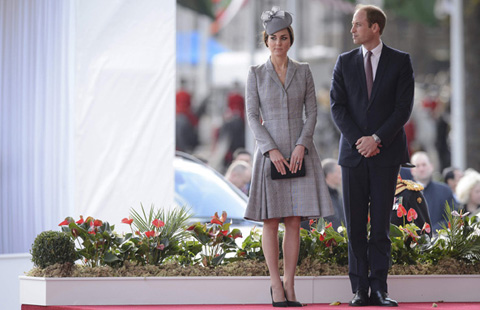
 Kate makes first public appearance after pregnancy
Kate makes first public appearance after pregnancy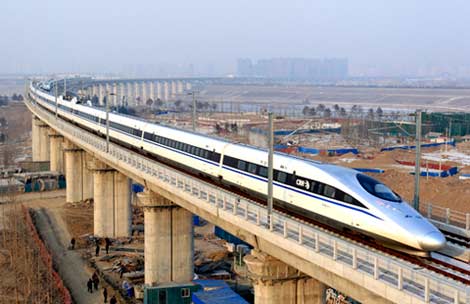
 Chinese may go after California high-speed rail project
Chinese may go after California high-speed rail project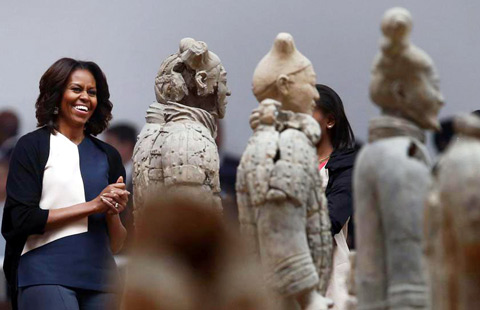
 Terracotta warriors attract celebrities around the world
Terracotta warriors attract celebrities around the world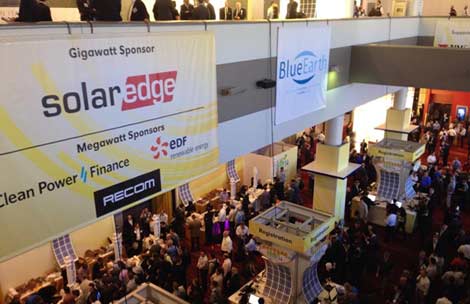
 US-China solar pact holds big potential: Analyst
US-China solar pact holds big potential: Analyst
 Top 10 richest women in China
Top 10 richest women in China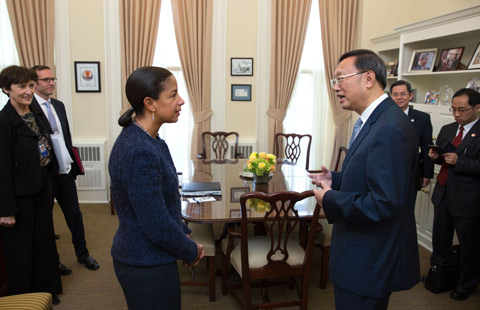
 Yang Jiechi meets with US National Security Advisor
Yang Jiechi meets with US National Security Advisor
 Chinese power couple's art on display at UN
Chinese power couple's art on display at UN
Most Viewed
Editor's Picks

|

|

|

|

|

|
Today's Top News
US-China solar pact holds big potential
Chinese premier upbeat despite economic slowdown
Report: Mobile advertising on a roll
Students warned of online encounters
Chinese may go after California high-speed rail project
China to fund non-profit art performance
US, China co-op to train future Afghani diplomats
Priceless Chinese scroll may be gone
US Weekly

|

|


